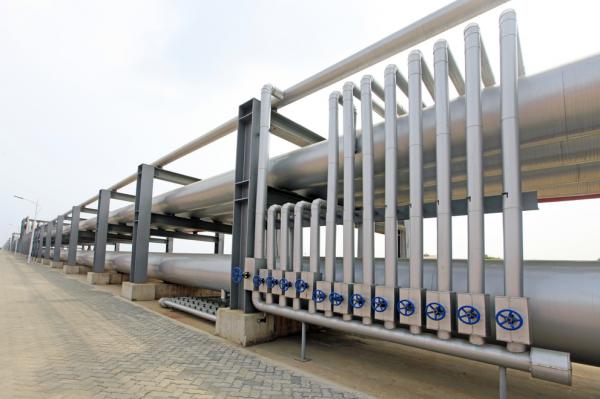
The bulk of nearly $300 million in new investments could target energy infrastructure projects in the Baltic Sea region, the European Commission said Friday.
Members of the European Union and the European Commission proposed $292 million be spent on energy projects in the region, with the bulk of the investmentssupporting the construction of natural gas infrastructure in Baltic countries.
“Well-connected energy infrastructure is essential to achieving the Energy Union,” European Commissioner for Climate Action and Energy Miguel Arias Canete said in a statement. “This EU support will help fill existing gaps in energy infrastructure, putting us on the path to a truly connected European energy market.”
The commission early this year supported Finland’s plans to grant $31.5 million to build a terminal for liquefied natural gas at the Hamina port on the country’s southern coast. By ending energy isolation for Baltic states, the European body said the strategy is in line with regional efforts to improve energy security.
U.S. lawmakers have backed European gas diversification schemes, expressing concerns over Russia’s grip on the regional energy sector. LNG supporters in the United States have said exports from domestic shale gas basins could eat into Russia’s share of the European market.
For the region’s gas sector, the commission said it was supporting investments in the so-called Batic-connector, the first natural pipeline to link Estonia to Finland. With no large-scale commercial natural gas production of its own, Finland relies entirely on Russia for its gas needs. The commission said the interconnector would mean Finland no longer depends on a single supplier, further breaking Russia’s grip on the regional energy sector.
A similar project linking Estonia to Latvia would diversify the regional sector further and add density to the regional network of energy webs, the commission said.
A series of pipelines dubbed the Southern Corridor is planned for delivery of natural gas from the Shah Deniz reserve basin in the Azeri waters of the Caspian Sea. More than 500 billion cubic feet of natural gas per year is slated for exports from Shah Deniz to the European market through a network of 2,100 miles of pipelines in a few years.
[Source:- UPI]




